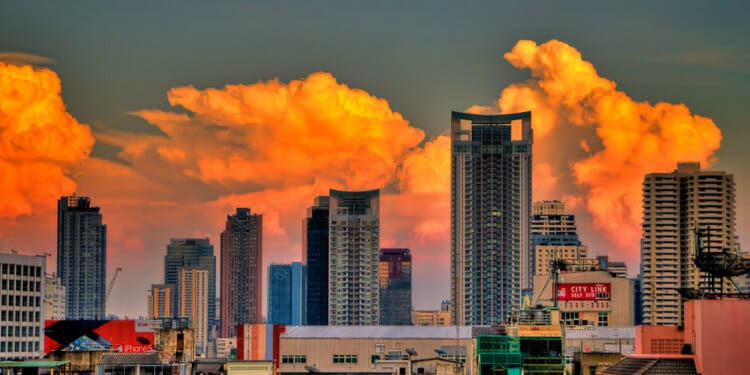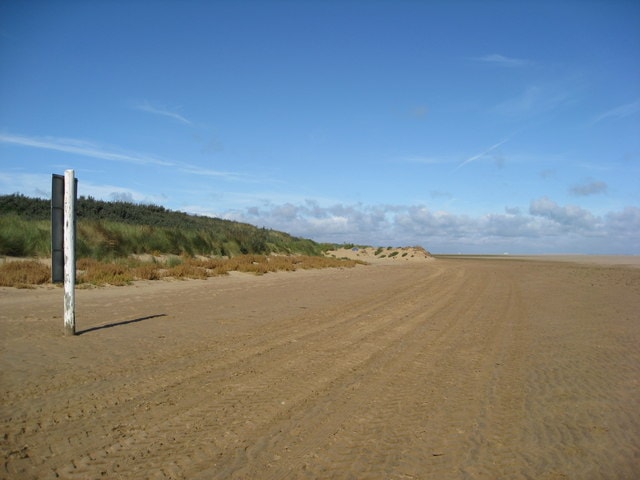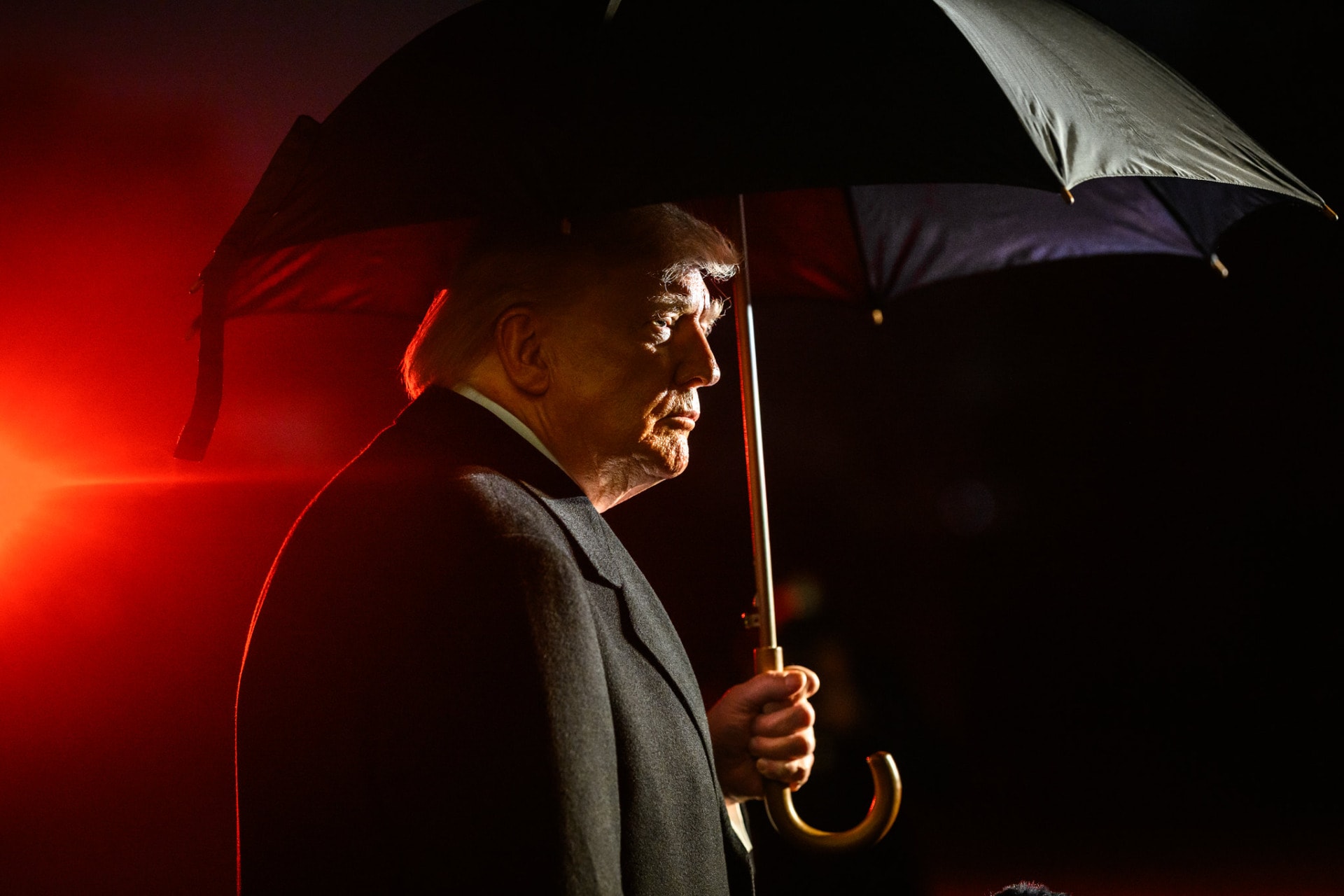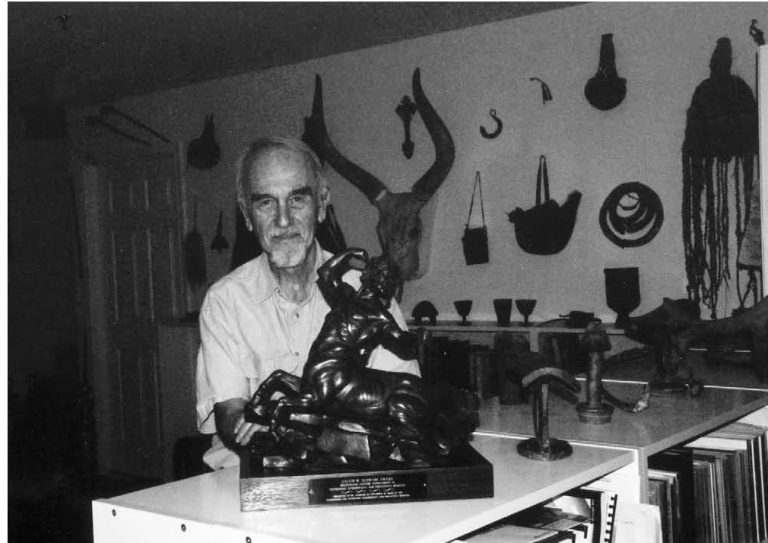Emma Larkin’s Comrade Aeon’s Field Guide to Bangkok follows the story of Comrade Aeon who hid in the jungle surrounding Bangkok as he fought for communism in the 1970s; as the guerrilla warfare between the Communist Party of Thailand and the Thai government came to a close, Aeon is unable to adjust to everyday urban life and chooses to stay in the jungle. Ever since, he has logged down every dead animal he sees and the potential causes. Comrade Aeon lives outside the Slum of Bountiful Pleasantness, which is about to be displaced by Gold Star Properties, Witty being the leader of the project.
Comrade Aeon’s Field Guide to Bangkok is the story of the slum-dwellers’ resistance against their eviction which interweaves the stories of five characters who are seemingly worlds apart. When Ida Barnes, a near-suicidal British expat, stumbles upon human bones in the jungle that may have come from the state violence of the student protests in 1973, she suddenly has a part to play in the protection of this community.
Yai Sunan is one of the most respected tenants of the slum who devotes herself to the latest Thai soap opera written by Wongduan, Witty’s wife. In the pursuit to ‘make his mark’ on the Bangkok skyline, Witty is unknowingly uprooting the lives of hand to mouth workers. He is building Win Tower as an urban ode to the son he lost in the student protest of 1973. This same protest is what caused Comrade Aeon to retreat into the forest.
How can an old woman watching a soap opera say so much about class inequality, urban development, and ecological destruction? Emma Larkin’s Comrade Aeon’s Field Guide to Bangkok taps into the rich tapestry of Bangkok’s cityscape and asks us to think of the repercussions of urban development and deforestation. Although gentrification and the elimination of green spaces are no new subject to a Londoner like myself, I was keen to get an insight on the famously (or infamously) rapid urban development of Southeast Asia.
Born in the Philippines and raised in Thailand by British expats, Bangkok is truly Larkin’s home. Despite never having written about Thailand before, Larkin has a unique connection to the country due to a social mobility that is not often available to non-expats. I had the privilege to get to know Emma Larkin and her thought process behind her first fiction novel.
Throughout your career, you’ve stuck to nonfiction surrounding the regime in Burma. What pushed you to write your first fiction novel?
Emma Larkin: I started off about 10 years ago writing a nonfiction book about Thailand and Thai politics, in the same vein as my books about Burma. I was always toying with the idea of writing a novel but then I realised that’s exactly how you write about Thailand. That’s how you can tell a bigger truth.
I found it so impressive that you were able to tap into the lives of such different characters. Like Ida Barnes vis a vis Yai Sunan. Would you say that you have connections from all different walks of life?
E.L.: Thai society is very hierarchical. For me, as an outsider, I’m in a privileged position to write about it. I’m able to socialise with very high society people and also hang out in the slums in a way that wouldn’t necessarily be possible for a lot of Thais.
The soap opera was an unexpected but astute example. Yai Sunan is living in the slum and is the character who is most invested in this show, she spends real time thinking about it and unravelling the plot in her head. Realistically, her life couldn’t be more removed from a kings-and-queens soap opera. What was your approach with that, why was the soap opera there?
E.L.: Soap operas in Thailand are a massive thing. You can’t walk down a street in a slum without it blaring out of every house. So it’s a huge part of Thai life and I wanted to illustrate that.
My other idea was that the soap opera is another world she’ll never access. She has no mobility in life, there’s no way up. I say this glibly but winning the lottery is almost the only way to move up in Thai society. Even so, you’ll always be characterised by the colour of your skin or something that marks you out. So, I think the soap opera is a world of escape for a lot of people.
There’s a very real stoicism in the characters in the slum isn’t there? But there’s also a lot of fatalism mixed in there. When we first learn that Gold Star Properties plans to uproot the slum, most people are quite happy to move away. There’s such tragedy to the lives of people like Yai Sunan but there’s comparatively very little drama around it compared to Witty who has to realise that he’s actually not invincible. Is that a stoicism that reflects the people you’ve seen?
E.L: Definitely. There’s no way up in Thai society, you either just have to be happy with it or angry with it but you can’t really change it. I live very close to a slum and I have people that I consider friends there. My circumstances are such that if I feel something has gone wrong in my life, I can try and change it. A lot of them live hand to mouth so it’s just about survival. You don’t really have too many concerns about how to make your wardrobe more fitting to your job or whatever. I think that stoicism just comes from accepting that.
That’s also a very Buddhist outlook too. In western cultures, we’re often very trapped in cycles of self-improvement, of trying to be something bigger or better than we are. For someone like Yai Sunan, it’s nice to not have that, right? It’s refreshing rather than thinking ‘how can I be better’.
As Gold Star Properties closes in on the jungle, you can feel Thailand’s unspoken history shrinking in tandem with its greenery. That being said, you don’t describe Witty as a corporate monster. He just has absolutely no idea what’s going on in the slum until a lawsuit knocks him on the head. The moral of the story for Witty is almost that he doesn’t need to do these great gestures like Win Tower in order to grieve for his son. Did you intend to write Witty in such a humane light?
E.L: If you spent any time in Bangkok, you would notice the way buildings are right up against the road. There’s no sense of sharing space. If there’s a shopping mall with an open space in front of it, working-class people would be shooed away. Although there might be the look of some civic mindedness, it’s not real. I still feel having some sympathy is important. He wouldn’t go into a slum unless he was looking for land. There’s no overlap or interaction between these walks of life. We would think ‘oh gosh what an awful person’ but he really just doesn’t know.
Yai Sunan often finds herself looking into the jungle that Comrade Aeon has lived in ever since the violent fallout of the 1973 student protests. In this sense, Bangkok’s environment is not just essential green space but a political refuge and the harbourer of national secrets. The novel recognises that class disparity and ecological destruction are not two separate issues. The deforestation in the novel clearly hurts the people as well and the history that they represent. What does that do to normal everyday people and their connection to the place they live in?
E.L: Bangkok is one of those great swamp cities, it coexists with nature, you can’t get away from it. Stamping it out is impossible, so I would love it if there was some project I could work on about how to live with all of that. If you leave an empty plot of land for a month, plants will just start to grow into a full-on jungle in the middle of the city. Imagine leaving that same plot of land for ten years, it would just be an impenetrable forest in Central Bangkok.
In every urban area, the more we can learn to live with the natural world, the more appreciation we have, the more knowledge we have about it, it can only be for the better. The way the world is going, it all has to coexist somehow. Urban wildlife in Bangkok, I think that would be a brilliant thing to connect people to nature. There’s a world beyond concrete and traffic pollution.
Editor’s Note: The opinions expressed here by Impakter.com columnists are their own, not those of Impakter.com. — In the Featured Photo: Downtown Bangkok Skyline. Featured Photo Credit: Kim Seng.














